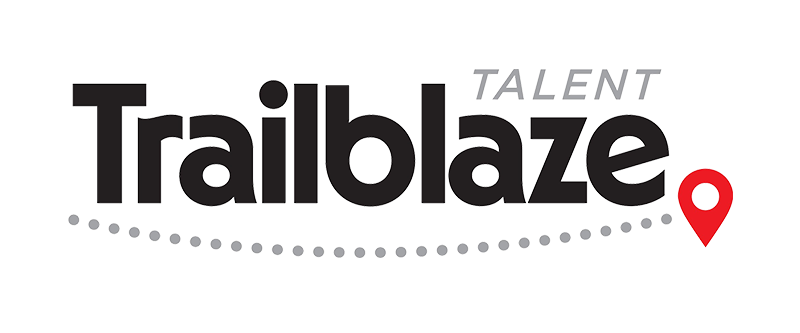Salary Negotiation Skills for Job Success
Navigating salary negotiation can be a delicate process for both candidates and employers. Whether it’s for temporary staffing or permanent placement, effective negotiation skills are key. Here are some insights to help both parties reach a satisfactory agreement.
For Candidates
Do Your Research: Before the interview, research industry standards for the position. This helps you enter negotiations with realistic expectations.
Understand Your Worth: Reflect on your skills, experience, and the value you bring. Be prepared to articulate this during the interview process.
Consider the Entire Package: Sometimes, the best offer isn’t just about salary. Consider benefits, work-life balance, and growth opportunities.
Practice Your Pitch: Part of your interview preparation should include practicing how you’ll negotiate your salary. Be clear, concise, and confident.
Be Flexible: Understand that negotiation is a two-way street. Be open to compromise and consider counter-offers.
For Employers
Know the Market Rate: Offering a fair salary, competitive within your industry and location, is crucial for attracting top talent, whether for temporary staffing or permanent roles.
Be Transparent: Clear communication about salary ranges and growth potential can prevent misunderstandings and build trust.
Understand the Candidate’s Perspective: Recognize that candidates will evaluate the entire package. Flexibility in negotiations can lead to a mutually beneficial agreement.
Prepare to Sell Your Company: Candidates are not just looking for a job but a place where they can thrive. Highlight your company’s culture, benefits, and career development opportunities.
Respect the Candidate’s Decision: Whether they accept or decline the offer, maintain professionalism. This leaves the door open for future opportunities.
In conclusion, salary negotiation is an integral part of the recruitment process, essential for both temporary staffing and permanent placement success. For candidates, it’s about knowing your worth and communicating effectively. For employers, it’s about fairness and flexibility. With these tips, both parties can navigate these discussions more confidently and successfully.




